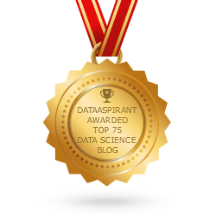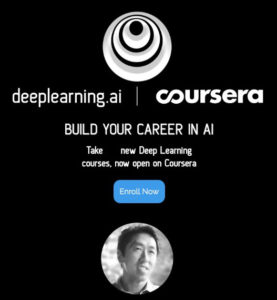AI Ethics in Schools: A Guide for Informed College Students

With the progression of Artificial Intelligence (AI), its incorporation into diverse industries, including the academic realm, has been significant. With AI tools being increasingly adopted in schools for purposes ranging from automating administrative tasks to aiding in research, it’s vital to pause and consider the ethical implications of these advancements.
“How will AI impact my studies?” or “Are there ethical concerns to be aware of?”
AI Ethics in Academia
AI’s Role in Modern Education
Assisting in Learning
The integration of AI in education has undeniably changed the way students and educators approach the learning process. Such developments aren’t merely transient phenomena. They’re establishing the trajectory for educational futures.
For example, intelligent tutoring systems have significantly advanced, offering tailored feedback that aligns with individual student learning preferences and rhythms. These systems analyze individual performance and cater instructions accordingly, ensuring an optimized learning experience.
Moreover, AI-driven tools have been developed to assist students in organizing their academic tasks efficiently. These tools can remind students of due dates, suggest resources for assignments, and even help in setting study schedules.
The presence of AI in classrooms is not only assisting in learning but also ensuring that students get the most out of their educational journey. Yet, with these advancements comes a responsibility to be aware of the underlying mechanisms of these tools.
A discerning user will seek to understand the algorithms driving these systems and be vigilant of any biases they may inadvertently propagate.
Automating Administrative Tasks
The impact of AI isn’t confined to just the classroom and learning processes. It extends to the operational and administrative aspects of schools. Systems powered by AI now assist in administrative duties, freeing up time for educators to focus more on pedagogy and less on paperwork.
Automated grading systems, for instance, can evaluate student submissions swiftly and provide consistent feedback, minimizing human error.
Furthermore, AI-driven systems are also being implemented to manage vast school databases, from student enrollment details to academic records. This enhances the efficiency of administrative tasks and elevates the precision of data management.
However, with this efficiency comes a set of concerns. Schools and institutions must strike a balance and decide the extent to which they will lean on AI, especially when the stakes involve sensitive data and pivotal academic decisions.
Ethical Concerns in AI and Education
Privacy and Data Protection
The realm of AI in education is a goldmine of data. Every interaction, click, and query made by a student on an AI-powered platform generates data. This data, when analyzed, offers insights into student behavior, learning patterns, and even areas of struggle.
While this data-driven approach promises enhanced learning experiences, it also poses significant privacy concerns.
Educational institutions hold the responsibility of safeguarding this data. They must implement robust measures to prevent data breaches and unauthorized access.
It’s not just about the technicalities. It’s a matter of trust that students and parents place in educational institutions. Furthermore, alongside these protective measures, schools and colleges must take the initiative to educate their students about data rights and the importance of digital privacy.
Bias and Fairness
As AI systems are developed based on vast datasets, the potential for biases to creep in is undeniable. Such biases, which may arise from societal biases or imbalanced datasets, can lead to significant repercussions if not addressed. An AI tool might, due to these underlying biases, inadvertently favor or disadvantage certain student demographics.
It’s not just about the potential unfair advantage or disadvantage. It’s about ensuring that AI tools foster an inclusive, fair, and unbiased academic environment. Stakeholders in the educational sector must be proactive in identifying these biases and rectifying them, ensuring that every student gets a fair shot at success.
AI Ethics Beyond College
The influence of AI doesn’t end once students step out of college. The tech landscape they navigate during their academic years sets the stage for their professional lives. As industries increasingly adopt AI for various functions, from recruitment processes to operational tasks, the ethical dimensions of these tools remain paramount.
Graduates need to carry forward the lessons of AI ethics into their workplaces, advocating for responsible and informed use of technology.
A Collective Responsibility
The onus of ensuring the ethical use of AI in education doesn’t rest on a single stakeholder. While tech developers, educators, and policymakers undeniably have major roles to play, students are equally instrumental in this narrative.
By staying informed, voicing concerns, and actively engaging in discussions about the ethical dimensions of AI, students can act as catalysts for positive change. Their collective efforts can steer the trajectory of AI in academia, ensuring it remains a tool for empowerment and not discrimination.
Conclusion
Without a doubt, AI is transforming the way education is perceived and delivered. Its potential to enhance learning and streamline administrative processes is vast. However, as we integrate these tools into our academic lives, it’s paramount to approach them with a critical eye, understanding their implications fully.
For those eager to delve deeper into this topic or seek assistance in navigating the academic world of AI ethics, turning to the best paper writing service can be a valuable step.




